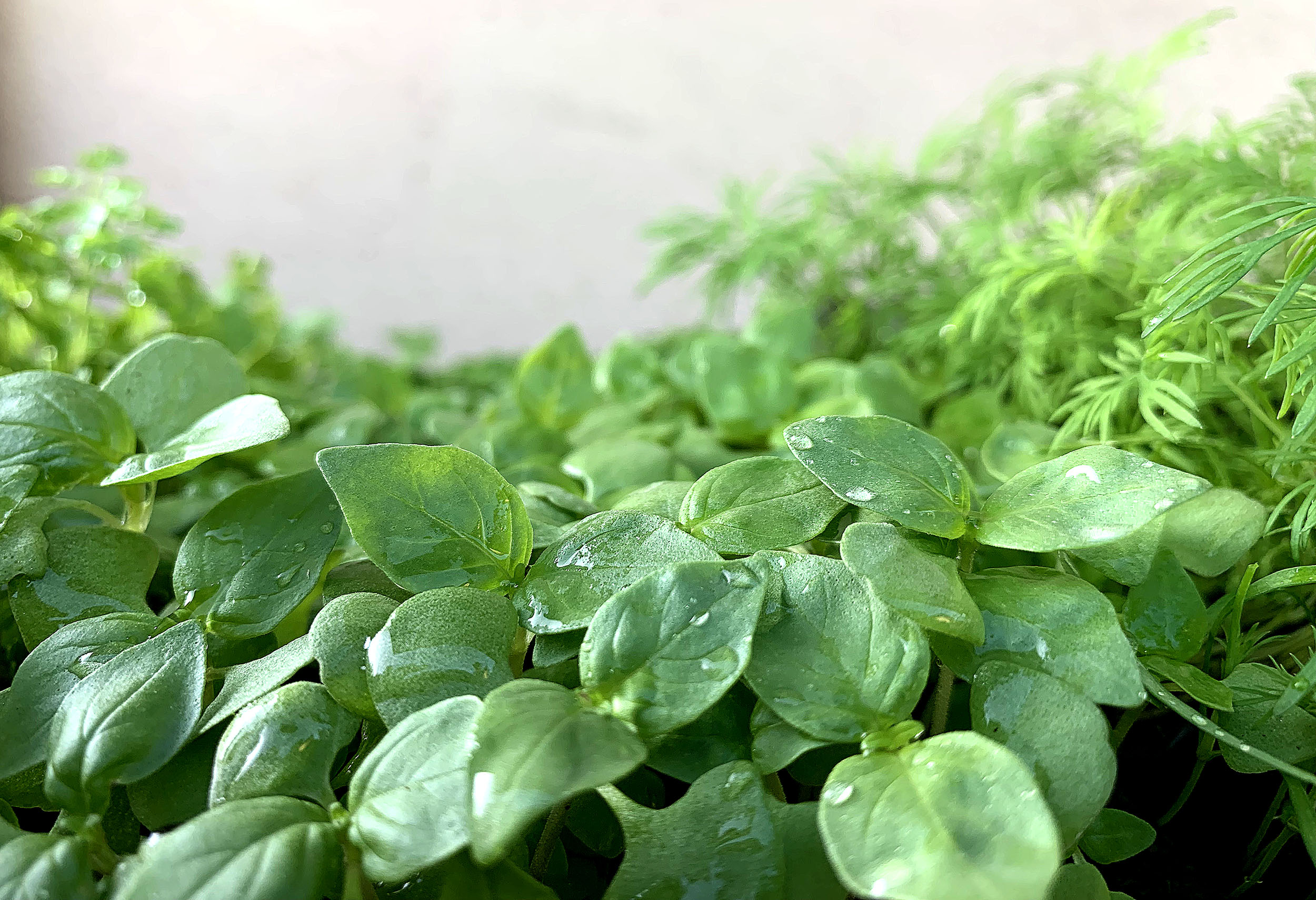Herbs and
vegetables
The garden is the result of a four year passionate work of researching seeds and plants, of studying the peculiarities and adaptability of the species and therefore of their cultivation, in the summer garden as well as in the greenhouse.






